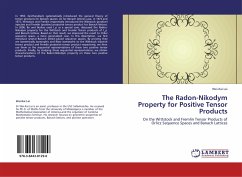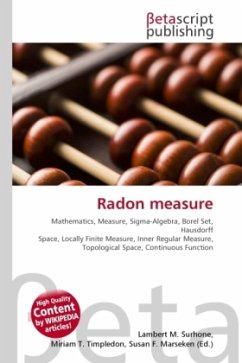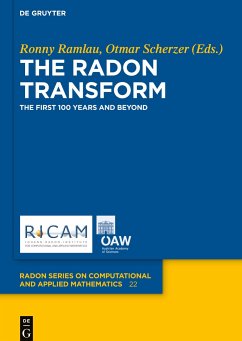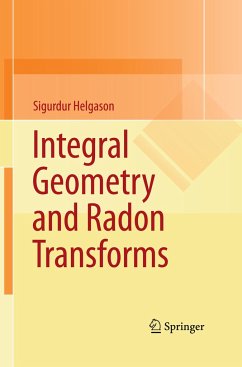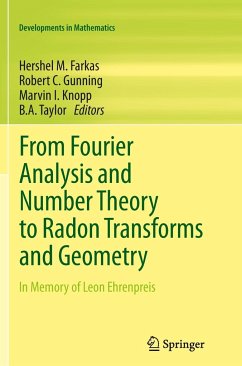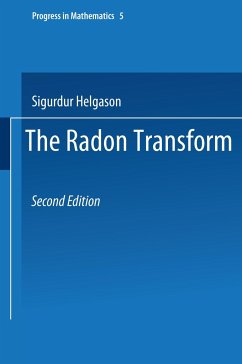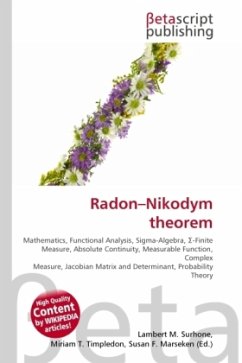
Radon Nikodym theorem
Versandkostenfrei!
Versandfertig in 6-10 Tagen
23,99 €
inkl. MwSt.

PAYBACK Punkte
12 °P sammeln!
High Quality Content by WIKIPEDIA articles! In mathematics, the Radon Nikodym theorem is a result in functional analysis that states that, given a measurable space (X, ), if a -finite measure on (X, ) is absolutely continuous with respect to a -finite measure on (X, ), then there is a measurable function f on X and taking values in [0, ),The function f satisfying the above equality is uniquely defined up to a -null set, that is, if g is another function which satisfies the same property, then f = g -almost everywhere. f is commonly written d /d and is called the Radon Nikodym derivative. The c...
High Quality Content by WIKIPEDIA articles! In mathematics, the Radon Nikodym theorem is a result in functional analysis that states that, given a measurable space (X, ), if a -finite measure on (X, ) is absolutely continuous with respect to a -finite measure on (X, ), then there is a measurable function f on X and taking values in [0, ),The function f satisfying the above equality is uniquely defined up to a -null set, that is, if g is another function which satisfies the same property, then f = g -almost everywhere. f is commonly written d /d and is called the Radon Nikodym derivative. The choice of notation and the name of the function reflects the fact that the function is analogous to a derivative in calculus in the sense that it describes the rate of change of density of one measure with respect to another (the way the Jacobian determinant is used in multivariable integration).



